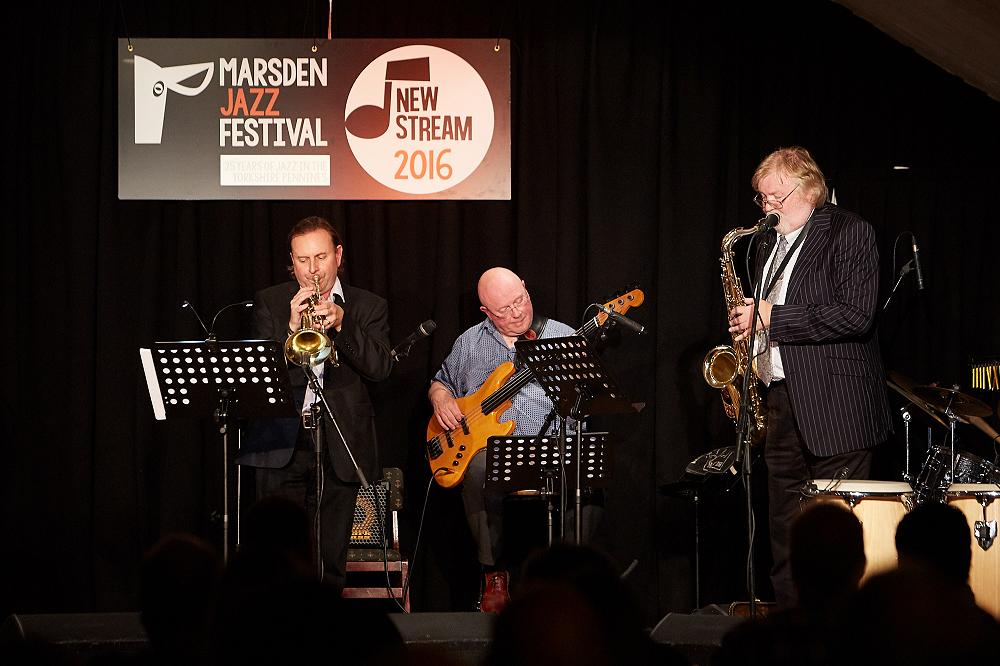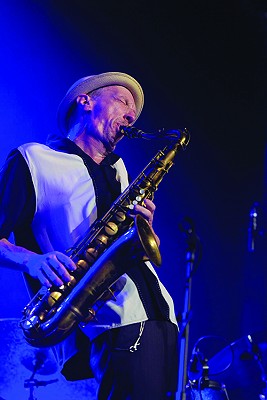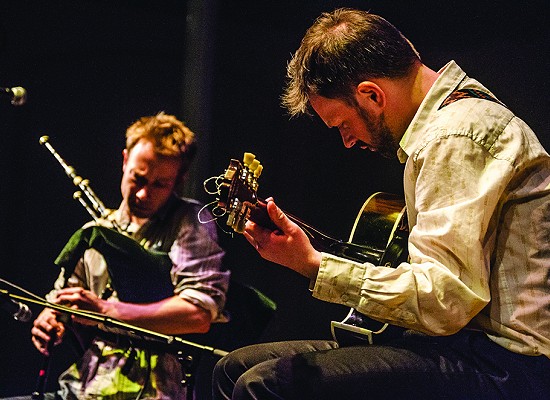
British Legion
Jazz at Marsden British Legion
Jazz at Marsden British Legion
The Royal British Legion was formed on 15 May 1921, bringing together four national organisations of ex-Servicemen that had established themselves after the First World War.
The main purpose of the Legion was straightforward: to care for those who had suffered as a result of service in the Armed Forces during the war, whether through their own service or through that of a husband, father or son.
The British Legion building in Marsden was built in 1939 on land gifted by Marsden village benefactor John Edward Crowther for the benefit of ex-soldiers of the village, who worked together to build the hall.
The hall proved really popular with local families, with servicemen entitled to apply for family memberships. The venue was used for a range of social events, with regular ballroom dancing. In fact, anecdotal evidence suggests that if you didn’t get to the legion early in the evening you wouldn’t get a seat!
This popularity meant that the venue needed to expand, so in approx. 1961, the function room was added on. This meant that the bar had to be moved and it was relocated in the middle of the building.
The Legion continued to thrive, with several well known and exciting acts playing there. These included the comedian Charlie Williams and Josh White. A high point was when British cabaret performer Mo Moreland, The Mighty Atom, star of the tap-dancing troupe the Roly Polys performed. To put this into context she had notched up as many as five Royal Variety Show performances during her career and had toured worldwide in her heyday.
Following on from these very busy days, things started to change in Marsden through the eighties and nineties, with the decline of traditional industries meaning that not everyone worked in the same mill together and people were travelling further afield to work. This had the knock on effect of reducing club membership and use.
The relationship between the Legion and the jazz festival is a long standing one, initially with one gig each year, and this relationship contributed to a change in fortunes for the legion as a venue. Things changed in 2007 when Ben Crosland moved his Friday night gig to the Legion and the New Stream moved there on the Saturday in 2008. The Legion continued with a Sunday afternoon gig so their involvement with the festival expanded significantly from this point.
Many bands doing festival gigs at the legion played on the floor in front of the small stage. Through discussion with members of the jazz committee, it was suggested that the venue would be greatly improved by redesigning the stage and in order to achieve this, grant funding was sought and secured with assistance from the jazz festival committee.
Since the addition of the function room there had always been a stage, but part of the stage space was taken up with two changing rooms (reflecting the cabaret entertainment fashion) as well as a booth (known as the sooty box) where the DJ sat.
The collective vision was to extend the usable stage area by removing the changing rooms and the Sooty box and opening the stage up to the ceiling. As has been a theme with the legion, much of this work was done by friends and committee members.
The transformation to the space was immense – the space was really opened up and the acoustics were vastly improved. Following on from the initial works, improvements continued with new electrics, lighting and heating.
Consequently, much bigger bands have been able to play at the Legion and it has been the venue for a wide range of activities – from Christmas and birthday parties, darts tournaments and even as a film set for a zombie movie!
“All the Legion gigs have been great, fantastic, wonderful! For me though the stand out gigs within this elevated collection have been: Stuart Mc Callum’s multi layered solo guitar pieces, Jenni Molloy’s ‘Bach reloaded’ and Sons of Kemet. Formidable!”
John Quail
As is the case all over the country, the venue continues to thrive thanks to its voluntary committees, who go above and beyond to keep it open and moving forwards.










